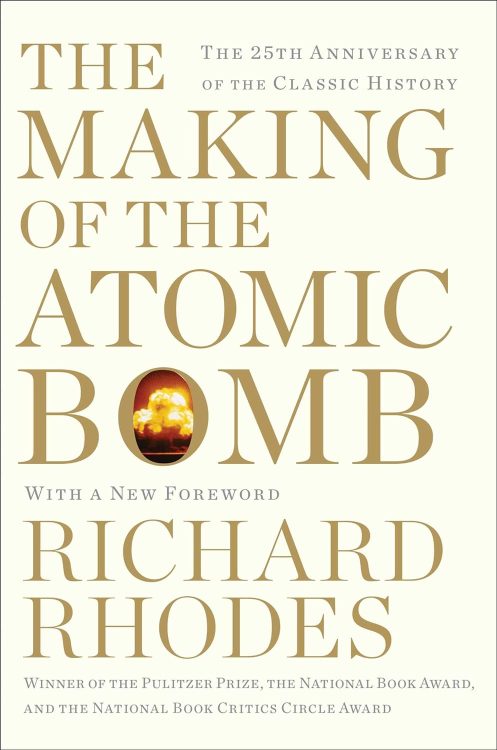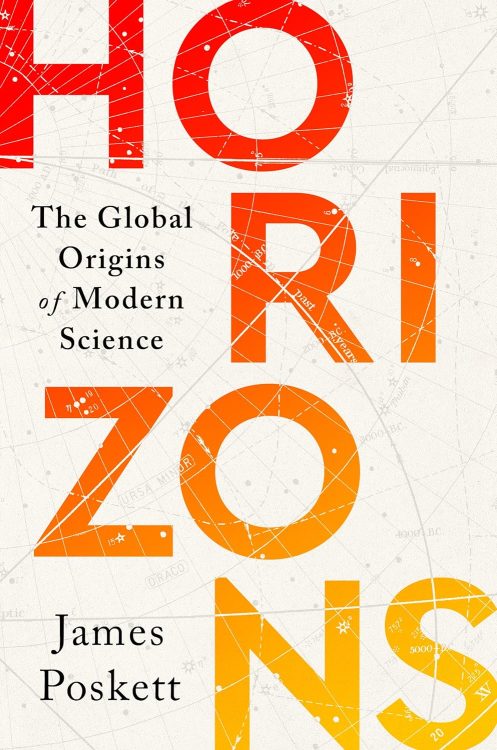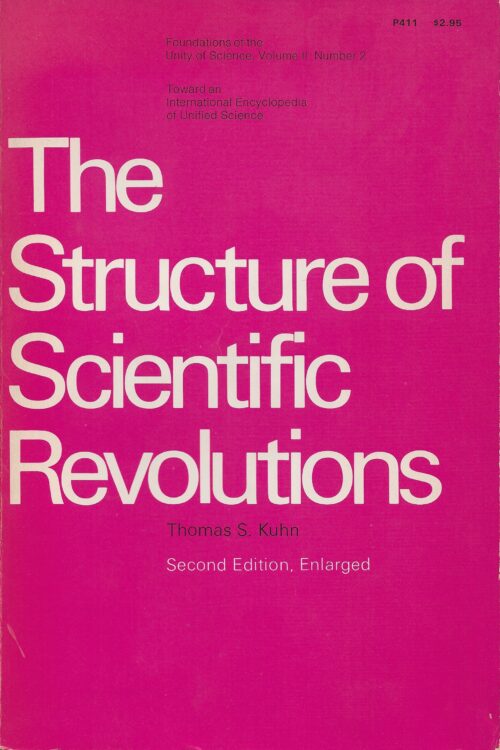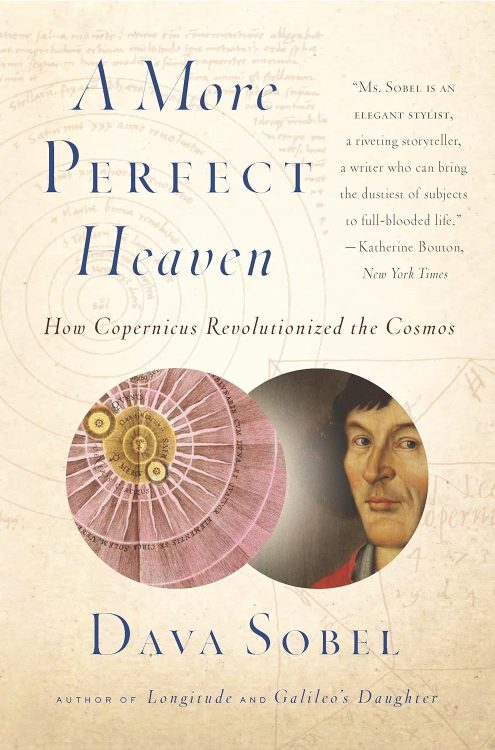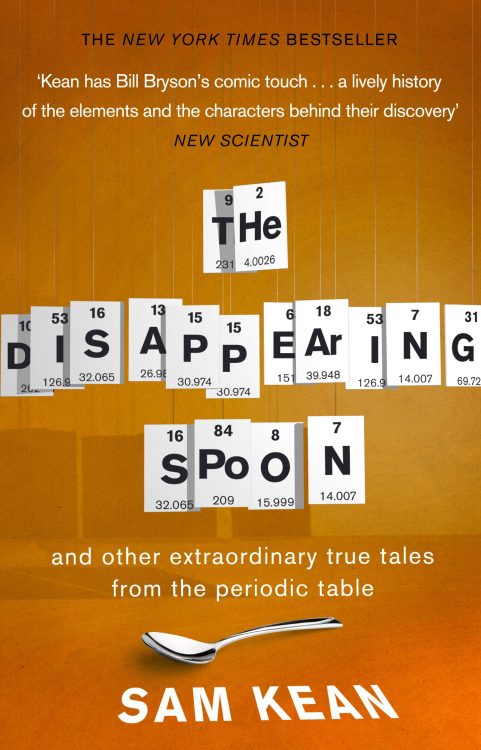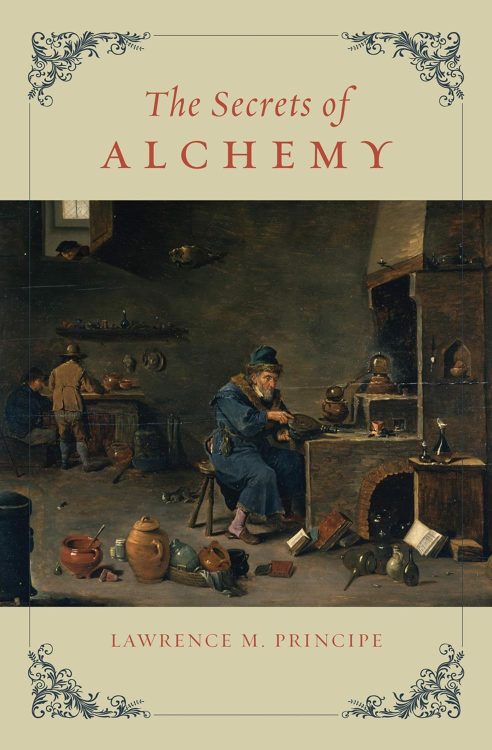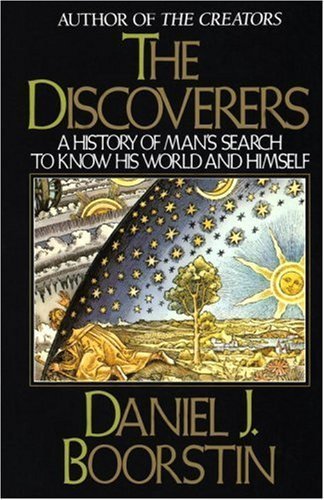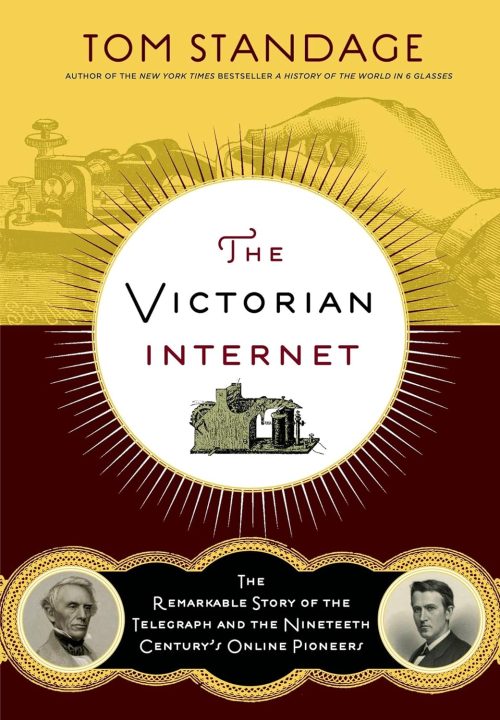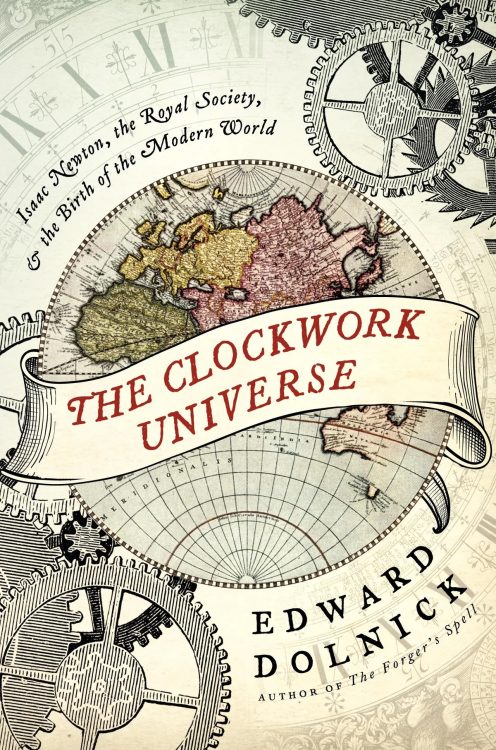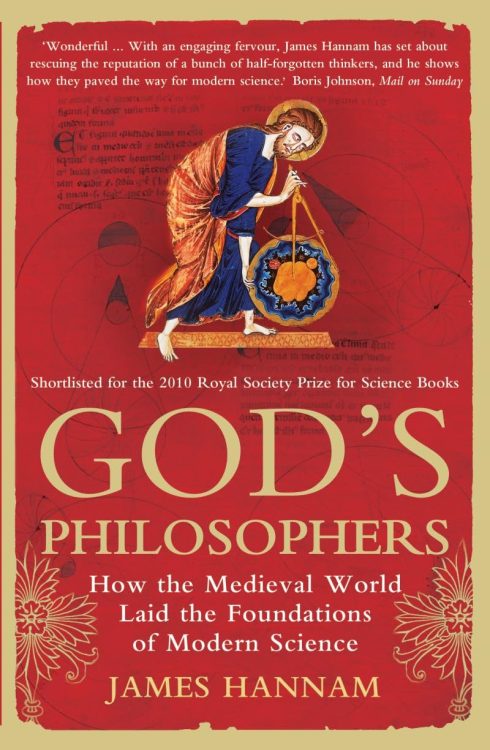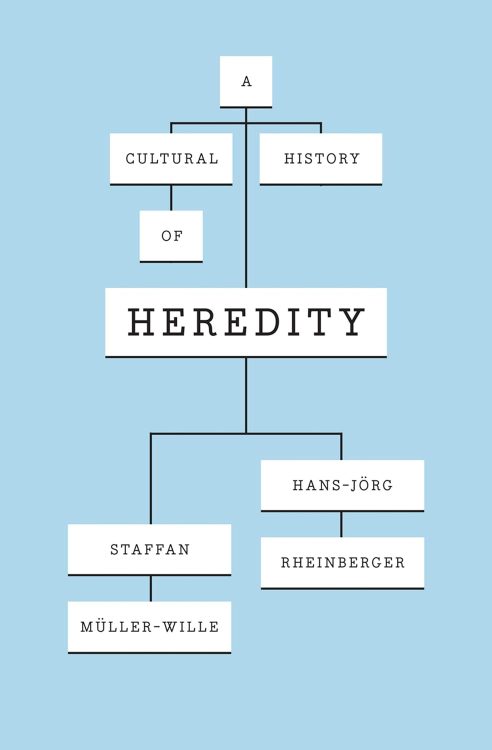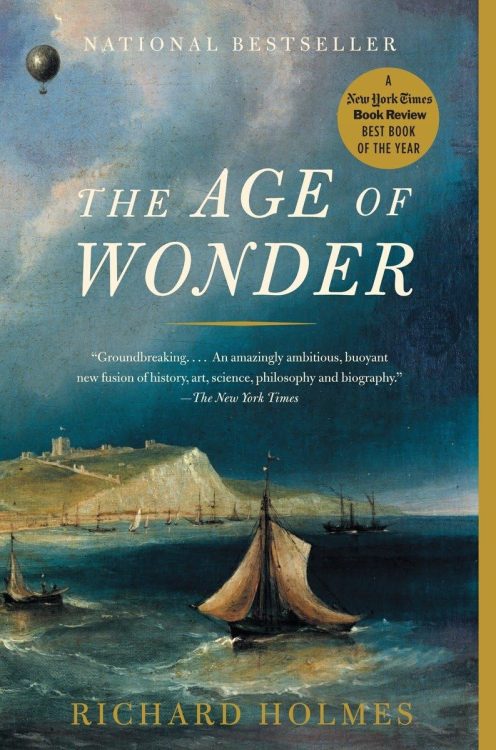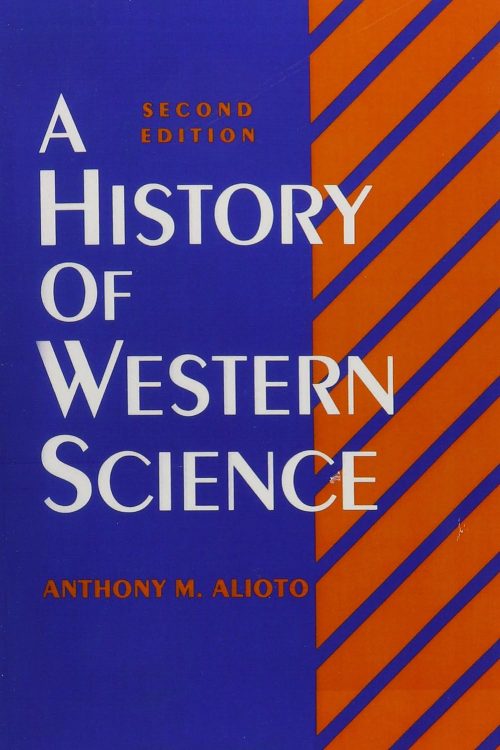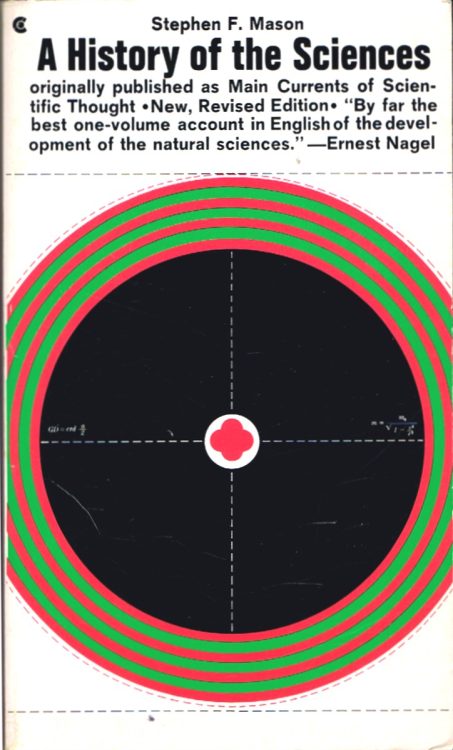In “Galileo’s Daughter: A Historical Memoir of Science, Faith, and Love,” Dava Sobel presents readers with a compelling and intricately researched narrative that intertwines the remarkable lives of Galileo Galilei, the revolutionary scientist, and his devoted daughter, Sister Maria Celeste. Sobel, through the meticulous examination of letters and historical documents, crafts a dual biography that not only deepens our understanding of Galileo’s groundbreaking work but also paints a heartfelt portrait of a father-daughter relationship that withstood the tests of time and adversity.
At its core, “Galileo’s Daughter” explores the often tumultuous relationship between science and religion, which is as relevant today as it was in the seventeenth century. Through Galileo’s struggles and triumphs, Sobel deftly illustrates the conflict between a man’s unwavering commitment to scientific truth and the prevailing doctrines of the Catholic Church. This friction finds balance in the tender exchange of letters between Galileo and Maria Celeste, whose devout faith contrasts her father’s rational mind while also sharing his love for intellectual pursuit.
Sobel doesn’t shy away from the plague’s devastation or the impact of the Thirty Years’ War. The book captures the broader societal and political climate of the period, giving readers a total immersion into Galileo’s world. The juxtaposition of Galileo’s quest to prove heliocentrism against Maria Celeste’s cloistered life in a convent offers a poignant reflection on the delicate balance between enlightenment and belief, ambition and obligation, and the pursuit of knowledge against the backdrop of political instability and social upheaval.
Galileo’s character is brilliantly reimagined, not as the cold, distant figure carved out of historical austerity, but as a loving father and passionate inquisitor of nature’s law. Sobel’s attention to detail and her ability to translate technical scientific treatises into layman’s terms make Galileo’s discoveries accessible, allowing readers to share in his sense of wonder at the cosmos.
Perhaps the most touching result of Sobel’s research is bringing Maria Celeste to light from the shadows of history. The richness of her personality, her intellect, and her devotion to her father resonate through their correspondence. Her life serves as a counter-melody to Galileo’s public endeavors, providing an intimate look into gender roles and the limitations imposed on women of the time. Through Maria Celeste’s lens, we catch glimpses of Galileo, not as an icon of science, but as a human being fraught with concern and affection.
The power of Sobel’s writing is her ability to borrow from both historical authenticity and narrative invention to create a work that reads like a novel. Her prose is imbued with the richness and detail of an era-defining epoch, yet her meticulous research never overpowers the humanity at the story’s heart.
While the book could have veered into hagiography, Sobel maintains a critical eye, presenting Galileo with all his flaws and complexities, thus rendering him more relatable. History, through Sobel’s lens, is no mere chronicle of events but a tapestry woven with the threads of personal and philosophical conflict.
“Galileo’s Daughter” is a masterful recounting of the life of one of history’s greatest minds and his relationship with his beloved daughter, who emerged as his source of strength during his most trying times. Dava Sobel offers an insightful exploration into the intersection of faith and science—a profound and intimate narrative of human drama and scientific discovery. It is a story that transcends its historical setting to speak to the enduring struggle to understand our universe and our place within it.
In sobel’s writing, history is invigorated with emotion and intellect, making “Galileo’s Daughter” an essential read not just for aficionados of history or science, but for anyone who appreciates the complexities of the human condition. This historical memoir, while set in the distant past, echoes with timeless themes and provides a valuable perspective on the ongoing discourse between scientific progress and faith.


